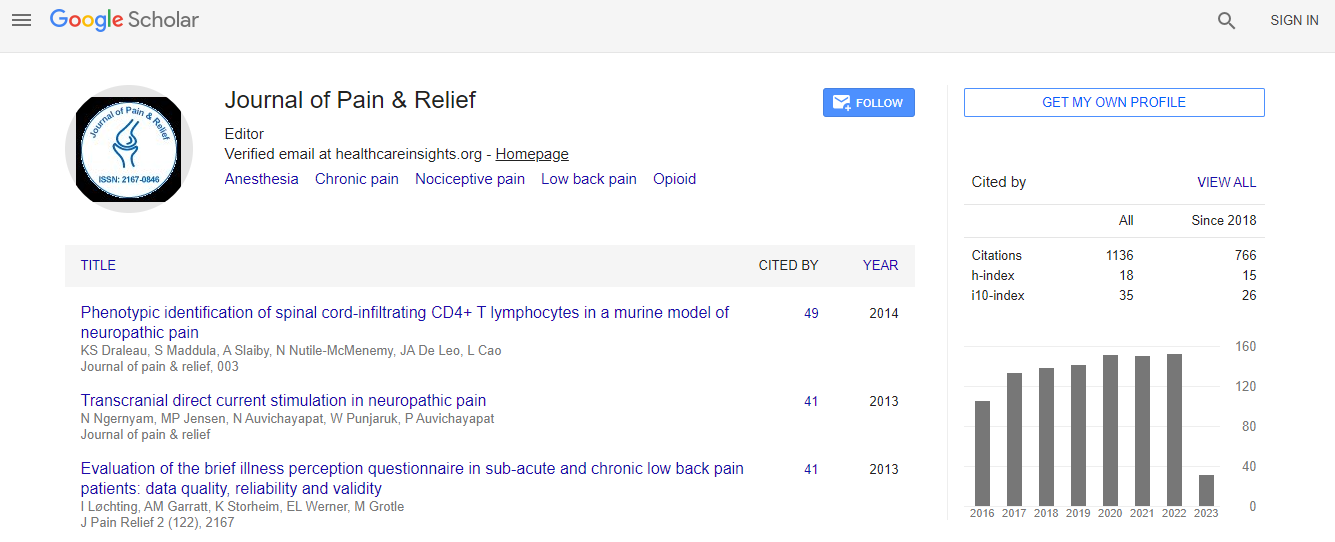Research Article
Effectiveness of a Compound Supplement Containing Piperines, Theanine, Creatine, α-Lipoic Acid, and Proteoglycan for Low Back Pain: A Double-Blind Placebo-Controlled Parallel Comparison Study
| Chie Tarumizu1*, Tomohiro Ohno1, Sachiko Handa2, Sayuri Matsuoka1 and Hajime Orimo3 | |
| 1FANCL Research Institute, FANCL Corporation, 12-13 Kamishinano, Totsuka-ku, Yokohama, Kanagawa-244-0806, Japan | |
| 2FANCL Health Science Corporation, 89-1 Yamashita-cho, Naka-ku, Yokohama, Kanagawa-231-8528, Japan | |
| 3Kenkoin Medical Corporation foundation, 6-7-4 Ginza, Chuo-ku, Tokyo-104-0061, Japan | |
| Corresponding Author : | Chie Tarumizu FANCL Research Institute FANCL Corporation-12-13 Kamishinano Totsuka-ku, Yokohama, Kanagawa-244-0806, Japan Tel: +81-45-820-3443 Fax: +81-45-820-3526 E-mail: chie_0904@fancl.co.jp |
| Received June 10, 2015; Accepted July 16, 2015; Published July 20, 2015 | |
| Citation: Tarumizu C, Ohno T, Handa S, Matsuoka S, Orimo H (2015) Effectiveness of a Compound Supplement Containing Piperines, Theanine, Creatine, α-Lipoic Acid, and Proteoglycan for Low Back Pain: A Double-Blind Placebo-Controlled Parallel Comparison Study J Pain Relief 4:190. doi:10.4172/21670846.1000190 | |
| Copyright: © 2015 Tarumizu C, et al. This is an open-access article distributed under the terms of the Creative Commons Attribution License, which permits unrestricted use, distribution, and reproduction in any medium, provided the original author and source are credited. | |
| Related article at Pubmed, Scholar Google | |
Abstract
Objective: Low back pain is one of the most common subjective symptoms presenting in Japan, but has no established curative therapy. Non-steroidal anti-inflammatory drugs (NSAIDs) are commonly prescribed for low back pain, and are generally effective in alleviating pain; however, such drugs are frequently associated with adverse effects such as gastrointestinal symptoms. The present study thus investigated the effectiveness of a compound supplement containing piperines, theanine, creatine, α -lipoic acid, and proteoglycan for managing the subjective symptoms of low back pain.
Methods: We conducted a double-blind, placebo-controlled, parallel-comparison study in 79 adult men and women with chronic low back pain. Subjects took either placebo or the investigational compound supplement containing long pepper extract powder at a dose of 150 mg (45 μ g as piperines), theanine at 50 mg, creatine at 250 mg, α -lipoic acid at 3 mg, and salmon nasal cartilage extract powder at 50 mg (10 mg as proteoglycan) or placebo for 8 weeks. Subjective symptoms were assessed immediately before starting to take the supplement or placebo (baseline), 4 weeks after the start (Week 4), and 8 weeks after the start (Week 8).
Results: Japan Low Back Pain Evaluation Questionnaire (JLEQ) scores were significantly lowered at Week 4 and Week 8 in the supplement group compared to those measured at baseline, and they were significantly lower at Week 8 compared to those of the placebo group (P=0.022). Approximately 30% of the JLEQ score of low back pain in the supplement group showed significantly improved compared to the placebo group. No clinically significant adverse events were reported during the study period.
Conclusions: The compound supplement tested herein, provided some relief for subjects with low back pain, and therefore could be useful in managing low back pain, and safe alternative or complement to NSAID therapy.

 Spanish
Spanish  Chinese
Chinese  Russian
Russian  German
German  French
French  Japanese
Japanese  Portuguese
Portuguese  Hindi
Hindi 
